Homeowners face ongoing pest challenges from insects and animals. Understanding common pests like termites, rodents, ants, cockroaches, and spiders is crucial for management. Regular inspections, clean environments, and knowledge of their behaviors prevent infestations. Professional pest control services offer solutions for severe cases, ensuring a comfortable home. Eco-friendly methods like essential oils, beneficial insects, and physical barriers complement traditional chemical treatments. DIY solutions can be effective but may require professional assistance for severe infestations. Preventive measures reduce future risks and costs while fostering environmental health.
Looking to keep your home pest-free? Understanding common household pests and implementing effective pest control strategies is crucial for maintaining a healthy living environment. This comprehensive guide explores various aspects of pest management, from identifying intruders to eco-friendly solutions. We delve into regular inspections, non-chemical methods, DIY techniques, professional intervention, prevention tips, and the environmental considerations of different treatments. Equip yourself with knowledge on modern pest control practices and reclaim your space from unwelcome visitors.
Understanding Common Household Pests
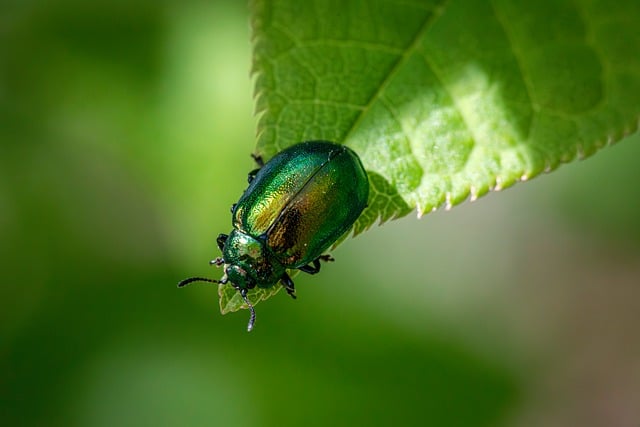
Pest control is a year-round concern for many homeowners, as various insects and creatures can infiltrate our living spaces, causing damage and discomfort. Understanding common household pests is the first step in effective pest management. Termites, for instance, are silent destroyers, chewing through wood and other plant materials, often unseen until significant structural damage occurs. Rodents like mice and rats are another prevalent issue, seeking warm places to nest and breed, potentially causing electrical fires and spreading diseases.
Insects such as ants, cockroaches, and spiders are also frequent visitors in homes, attracted by food sources or looking for shelter. Regular inspections and maintaining a clean environment can deter these pests, but professional pest control services may be needed for severe infestations. Knowing their behaviors and habitats enables homeowners to employ preventive measures, ensuring a comfortable and pest-free living environment.
The Importance of Regular Inspections
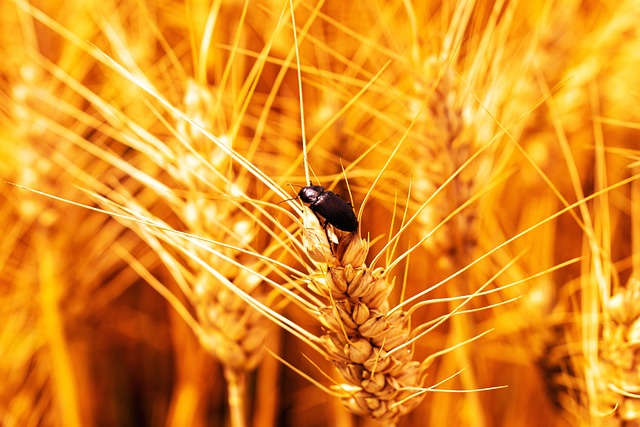
Regular inspections are a crucial aspect of effective pest control for homes. These detailed assessments allow professional exterminators to identify potential entry points, signs of infestation, and the types of pests present. By conducting routine inspections, experts can implement targeted strategies tailored to specific needs, ensuring long-term prevention and control.
Early detection is key in the world of pest control. Even minor infestations can quickly escalate if left unchecked. Regular inspections enable prompt action, minimizing damage to structures and belongings while reducing the need for extensive treatments. This proactive approach saves time, money, and offers peace of mind, knowing your home is protected from unwanted intruders.
Non-Chemical Pest Control Methods
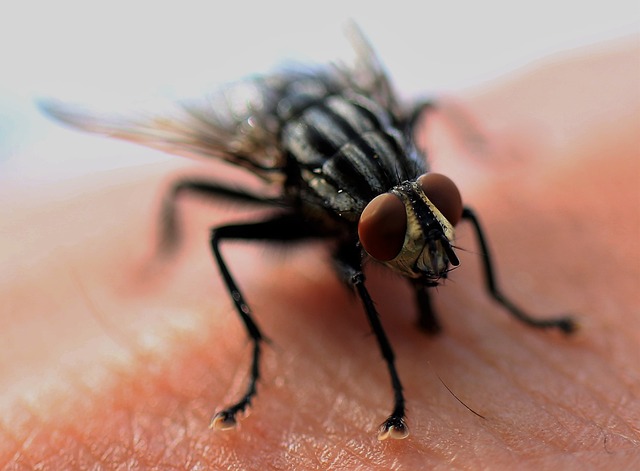
In the realm of pest control, non-chemical methods offer a safer and more environmentally friendly alternative for homes. These strategies focus on natural solutions to deter and eliminate pests without resorting to harsh chemicals. One effective approach is using essential oils, such as peppermint or neem oil, which have insecticidal properties and can be applied around the house to repel common pests like ants and mosquitoes.
Another popular non-chemical method involves utilizing beneficial insects, like ladybugs or lacewings, to control populations of harmful pests. These natural predators feed on specific insects, helping to balance ecosystems within the home’s environment. Additionally, physical barriers like screens, traps, and sealants can prevent pest entry, making them crucial in any comprehensive pest control regimen.
Chemical Pest Control Options for Homes

Chemical pest control offers several options tailored for residential properties, providing effective solutions to mitigate various insect and rodent infestations. Common chemicals used in this method include synthetic pesticides, which are designed to eliminate pests by disrupting their growth, reproduction, or nervous systems. These substances can be applied in the form of liquids, powders, or baits, targeted at specific areas where pests are likely to congregate. For example, outdoor sprays can be used to create a barrier around the house, while indoor treatments focus on cracks, crevices, and hidden spaces where pests might enter.
Residential chemical pest control also incorporates the strategic placement of traps and baits, which lure pests with attractive substances and then either capture or kill them. This method is often considered more targeted and less disruptive to non-target species, as it can be applied directly to identified problem areas. However, it’s crucial to handle these chemicals responsibly and follow safety guidelines to ensure the well-being of occupants and local ecosystems. Regular professional inspections and tailored treatment plans are key to effective and safe pest control for homes.
DIY Pest Control Solutions
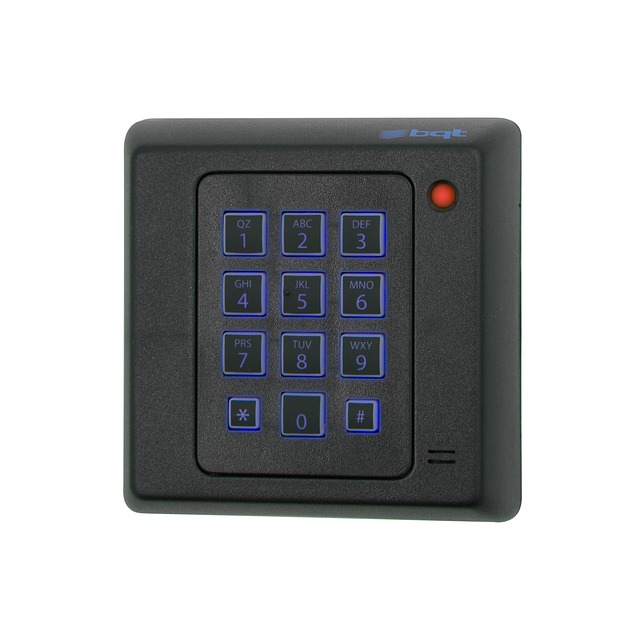
Many homeowners opt for DIY pest control solutions due to their cost-effectiveness and convenience. There are a variety of over-the-counter products available that cater to specific pests, from ants and spiders to rodents and insects. These do-it-yourself methods often involve using natural ingredients like essential oils or store-bought pesticides. Before attempting any DIY pest control, it’s crucial to understand the type of pest invading your space, as different organisms require distinct approaches.
While DIY solutions can be successful, they may not offer the same level of expertise and longevity as professional services. If the infestation persists or worsens, it might be time to consider hiring a licensed pest control specialist who has the tools and knowledge to tackle more severe cases effectively.
When to Call a Professional Pest Controller
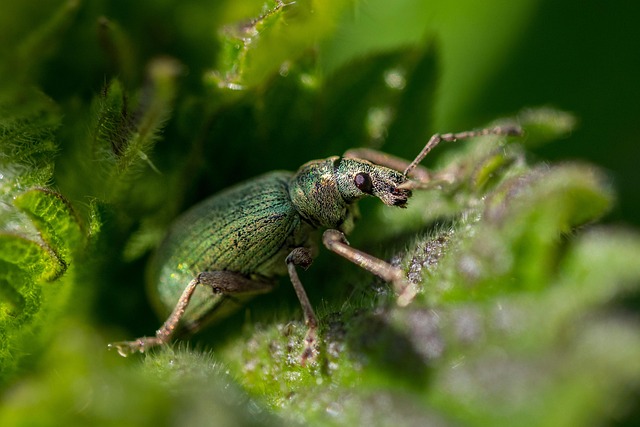
If you’re dealing with a pest infestation that seems beyond your control, it’s time to consider calling in a professional. While DIY pest control methods can be effective for minor issues, persistent or severe infestations often require specialized knowledge and equipment. Look out for signs such as an increasing number of pests despite regular cleaning and sealing entry points, or the presence of pests in hard-to-reach areas like walls and attics.
Professional Pest Control services offer a comprehensive approach to eradicating current infestations and preventing future ones. They have access to a wider range of treatments, including eco-friendly options, and can identify and address the specific pest species and its behaviour patterns accurately. By entrusting your pest control needs to experts, you ensure a faster, more effective solution while minimizing potential risks associated with incorrect treatment methods.
Preventing Future Pest Infestations
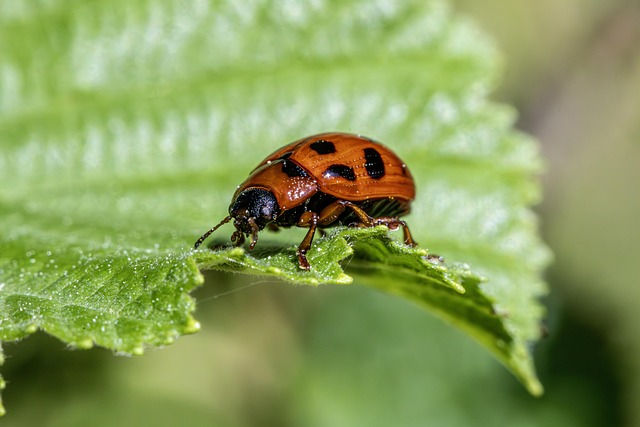
Preventing future pest infestations is a key aspect of effective long-term pest control. The first line of defense involves maintaining a clean and clutter-free home, especially in areas prone to attracting pests like kitchens and bathrooms. Regularly cleaning and sealing entry points, such as cracks and gaps around windows and doors, can significantly reduce the risk of pest intrusion.
Additionally, proper waste management and promptly addressing leaks or moisture issues are crucial. Pests are drawn to water sources, so fixing plumbing problems and ensuring proper drainage can deter them. Using natural repellents like lemon, mint, or lavender around the house also shows promise in keeping pests at bay. Implementing these preventive measures not only saves you from costly pest control treatments but also ensures a healthier living environment.
Environmental Impact of Pest Control Treatments
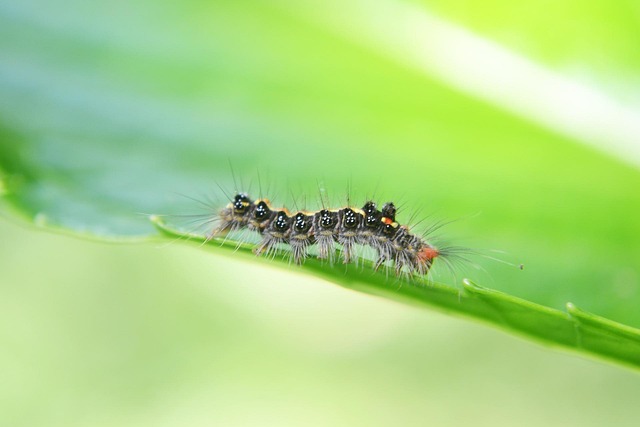
Pest control treatments can have varying impacts on the environment, which is an important consideration for homeowners and professionals alike. Many traditional pest control methods rely on synthetic chemicals that may pose risks to local ecosystems, groundwater, and even pets and children if not used properly. These chemicals can accumulate in soil and water bodies, leading to long-term ecological imbalances.
However, there are eco-friendly alternatives gaining popularity. Organic pest control methods use natural substances like essential oils, plant extracts, and beneficial insects to target pests without harming the environment. These approaches not only reduce chemical pollution but also promote biodiversity by supporting natural predators of common household pests. By choosing environmentally conscious pest control options, homeowners can contribute to a healthier planet while keeping their homes pest-free.
